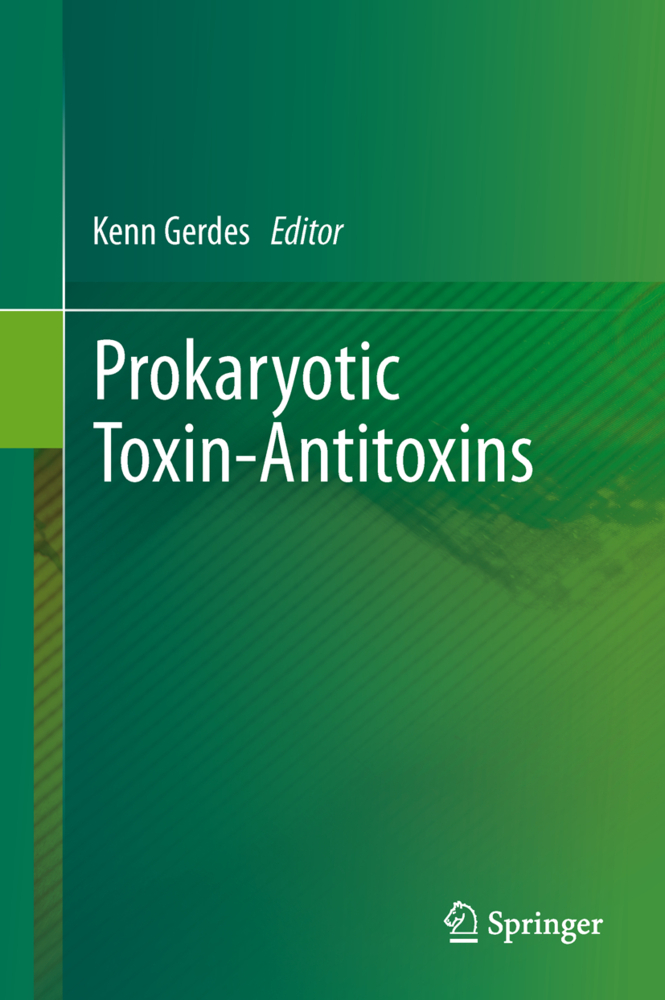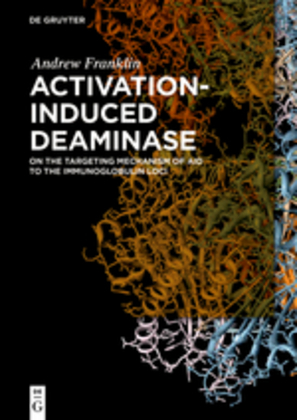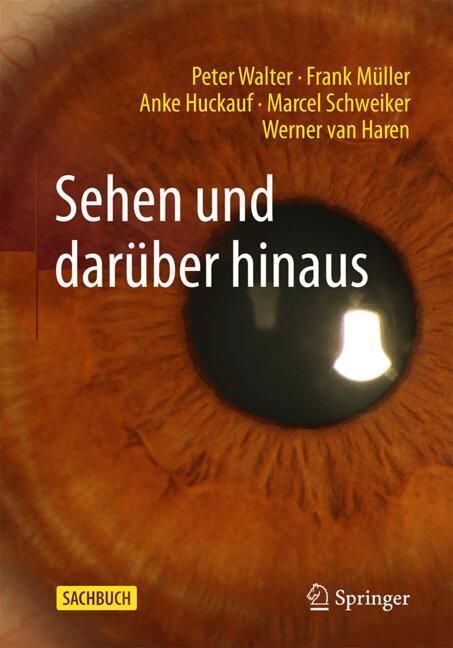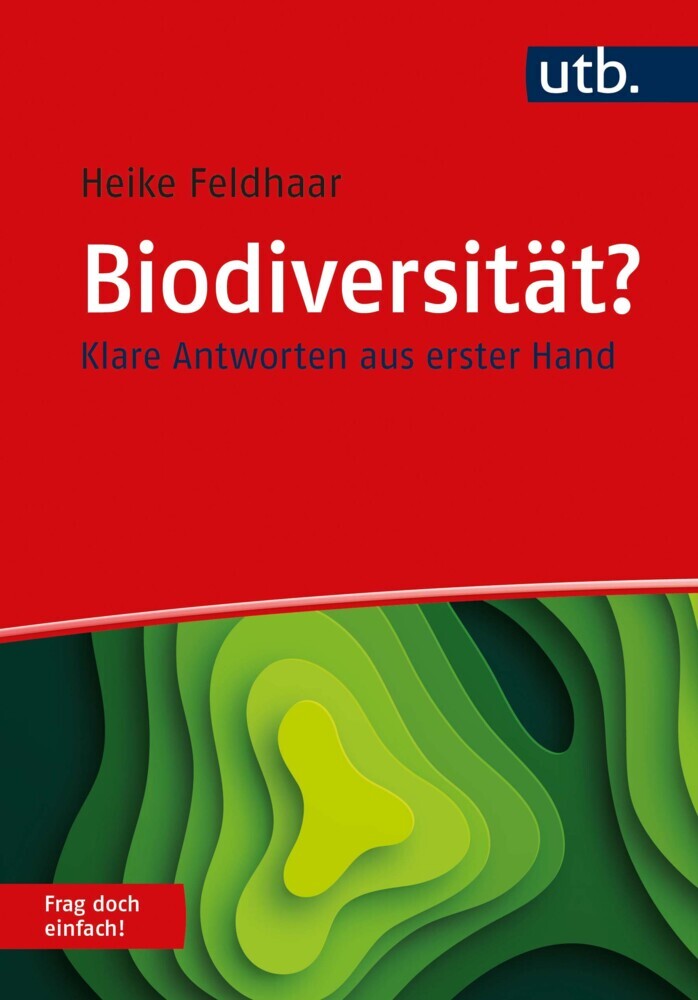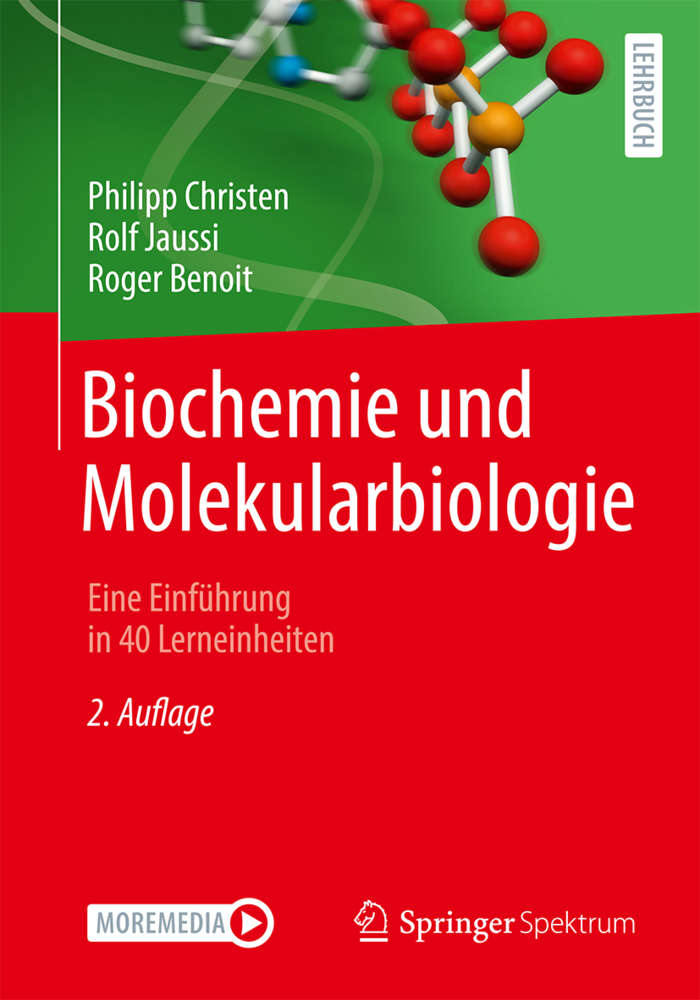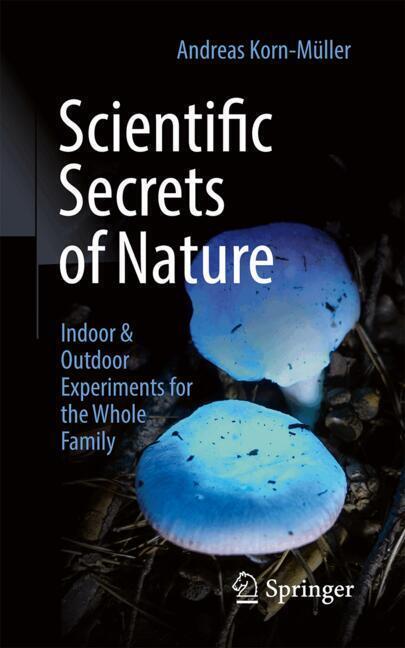Prokaryotic Toxin-Antitoxins
Prokaryotic Toxin-Antitoxins
Prokaryotic Toxins - Antitoxins gives the first overview of an exciting and rapidly expanding research field. Toxin - antitoxin (TA) genes were discovered on plasmids 30 years ago. Since then it has become evident that TA genes are highly abundant in bacterial and archaeal chromosomes. TA genes code for an antitoxin that combine with and neutralize a cognate toxin. When activated, the toxins inhibit protein synthesis and cell growth and thereby induce dormancy and multidrug tolerance (persistence). Remarkably, in some species, the TA gene families have undergone dramatic expansions. For example, the highly persistent major human pathogen Mycobacterium tuberculosis has "100 TA loci. The large expansion of TA genes by some organisms is a biological mystery. However, recent observations indicate that TA genes contribute cumulatively to the persistence of bacteria. This medically important phenomenon may thus for the first time become experimentally tractable at the molecular level.
Novel Type I Toxin - Antitoxin Systems
Type II TA Loci: The Ccdab and Parde Families
Type II TA Loci: The Relbe Family
Type II TA Loci: The Unusual Mqsra Locus
Type II TA Loci: The Mazef Family
Type II TA Loci: Vapbc and Other TA Loci In Mycobacteria
Type II TA Loci: Phd Doc Family
Type II TA Loci: The Fic Family
Type II TA Loci, Hipab And Persisters
Type II TA Loci: Zeta / Pezt Family
Type II Loci: Phylogeny
Type III TA Loci
TA Loci Encoded By Plasmids
TA Loci in Archaea
TA Loci in Mycobacterium Tuberculosis
TA Loci in Streptococcus Pneumoniae
Biotechnological and Medical Exploitations Of TA Genes and Their Components.<br />
Introduction
Type I Toxin - Antitoxin Systems: Hok / Sok and FstNovel Type I Toxin - Antitoxin Systems
Type II TA Loci: The Ccdab and Parde Families
Type II TA Loci: The Relbe Family
Type II TA Loci: The Unusual Mqsra Locus
Type II TA Loci: The Mazef Family
Type II TA Loci: Vapbc and Other TA Loci In Mycobacteria
Type II TA Loci: Phd Doc Family
Type II TA Loci: The Fic Family
Type II TA Loci, Hipab And Persisters
Type II TA Loci: Zeta / Pezt Family
Type II Loci: Phylogeny
Type III TA Loci
TA Loci Encoded By Plasmids
TA Loci in Archaea
TA Loci in Mycobacterium Tuberculosis
TA Loci in Streptococcus Pneumoniae
Biotechnological and Medical Exploitations Of TA Genes and Their Components.<br />
Gerdes, Kenn
| ISBN | 978-3-642-44657-3 |
|---|---|
| Artikelnummer | 9783642446573 |
| Medientyp | Buch |
| Auflage | 2013 |
| Copyrightjahr | 2014 |
| Verlag | Springer, Berlin |
| Umfang | VIII, 368 Seiten |
| Abbildungen | VIII, 368 p. |
| Sprache | Englisch |

